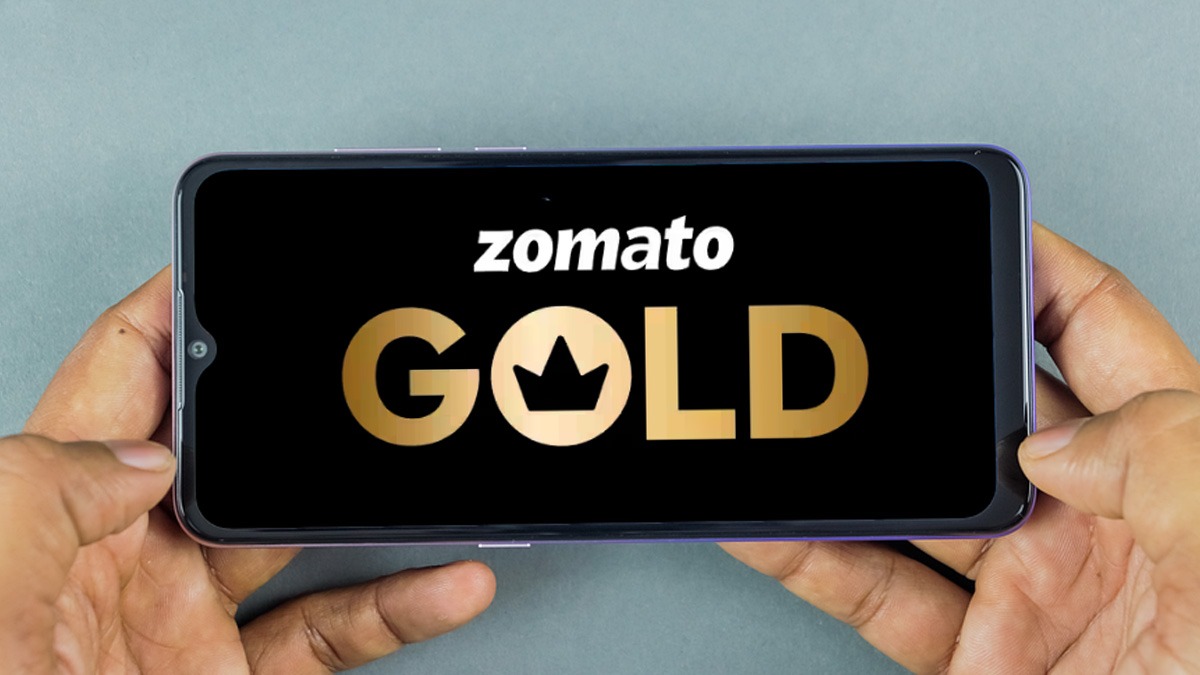Just In
- 3 min ago

- 32 min ago

- 1 hr ago

- 2 hrs ago

Don't Miss
- Sports
 DC vs GT Dream11 Prediction IPL 2024 Match 40: Squads, Fantasy Tips & Best Picks
DC vs GT Dream11 Prediction IPL 2024 Match 40: Squads, Fantasy Tips & Best Picks - Finance
 JNK India IPO: Retail Investors Lead With Subscriptions On Day 2; GMP Hints Premium Listing; Check Status
JNK India IPO: Retail Investors Lead With Subscriptions On Day 2; GMP Hints Premium Listing; Check Status - Movies
 Yuvika Chaudhary-Prince Narula Expecting 1st Child? Actress BREAKS SILENCE After Pregnancy Rumour Goes Viral
Yuvika Chaudhary-Prince Narula Expecting 1st Child? Actress BREAKS SILENCE After Pregnancy Rumour Goes Viral - News
 Sam Pitroda's Thinking Is Not Congress' Stand: Jairam Ramesh On Inheritance Tax Distribution Controversy
Sam Pitroda's Thinking Is Not Congress' Stand: Jairam Ramesh On Inheritance Tax Distribution Controversy - Education
 Tamil Nadu SSLC Results 2024: How and Where to Check the Results
Tamil Nadu SSLC Results 2024: How and Where to Check the Results - Automobiles
 India's Motorcycle Market 2023-24: Hero Splendor Leads Amidst Diverse Preferences
India's Motorcycle Market 2023-24: Hero Splendor Leads Amidst Diverse Preferences - Lifestyle
 Belgian Man Cleared Of Drunk Driving Because His Body Produces Alcohol Due To A Rare Condition
Belgian Man Cleared Of Drunk Driving Because His Body Produces Alcohol Due To A Rare Condition - Travel
 Fly in Luxury: 10 Ways to Get Free Flight Upgrades
Fly in Luxury: 10 Ways to Get Free Flight Upgrades
Are Masks Making Facial Recognition Systems Less Efficient?
It wasn't a long time ago when a person with a mask in public was looked at with suspicion. Cut to 2021, a person without a mask is considered irresponsible; some governments have even made masks compulsory for citizens. While the new law does ensure the safety of people, there one technology that has taken a major hit - facial recognition systems.

These systems measure unique patterns of a person's face and differentiate them by analyzing facial contours. They measure characteristics such as distance between eyes, positioning of the nose, mouth, ears, and other features. The tech has also become very common in smartphones. But we might see many firms go back to traditional biometric scanning methods as facial recognition systems used for security might not serve the purpose in a time where not covering your face could be illegal.
Where's The Bottleneck?
Facial recognition systems create a facial signature based on the measurements and if there's anything (masks for instance) that reduces the visibility of facial features like mouth or nose. it makes facial recognition impossible.
And, with the ongoing pandemic, these concerns have escalated. While security experts continue to debate about the privacy of these systems, the new norm has shifted the discussion to the future challenges posed by people wearing masks. As per a report by the US National Institute of Standards and Technology (NIST), many algorithms failed up to 50% of the time to identify individuals wearing a mask. Some systems even failed to locate a face with a mask.
Is There A Workaround?
As of now, there's no database of photos of people with masks to train the algorithm of facial recognition systems. The NIST study suggests superimposing different kinds of masks over images of people. While it may sound impractical, it was enough to determine the effects of masked faces on face reading techs.
These systems can be improved if photos of people wearing masks can be obtained. The systems can estimate the position of the nose by protrusions in the mask, but that's not an easy task. Many vendors have already started prepping for a future with masks. You can now get masks that have your face printed on them, enabling you to unlock your phones without having to remove your mask.
Going Back To Traditional Methods?
Technology giant Apple that revolutionized face recognition in the smartphone industry is reportedly going back to its fingerprint scanning tech for its next iPhone series. With a mask on, it's nearly impossible to unlock the iPhone and it requires punching the passcode every single time. Hence to ease the process, the company might bring back the TouchID.
However going back to the traditional methods, the risk of data breach escalates. Hacking face data is more complex compared to other forms of biometric data. This means going back to conventional options could be a wrong move. To overcome this, facial recognition systems will need to evolve.
There are a few new technologies in the works that will detect faces based on visible features like the eyes, hairstyle, and eyebrows. Some firms claim their systems are capable of recognizing people with masks. But it remains to be seen what the future holds for facial recognition systems; will they adapt or there will be alternatives to this technology.
-
99,999
-
1,29,999
-
69,999
-
41,999
-
64,999
-
99,999
-
29,999
-
63,999
-
39,999
-
1,56,900
-
79,900
-
1,39,900
-
1,29,900
-
65,900
-
1,56,900
-
1,30,990
-
76,990
-
16,499
-
30,700
-
12,999
-
14,999
-
26,634
-
18,800
-
62,425
-
1,15,909
-
93,635
-
75,804
-
9,999
-
11,999
-
3,999












































